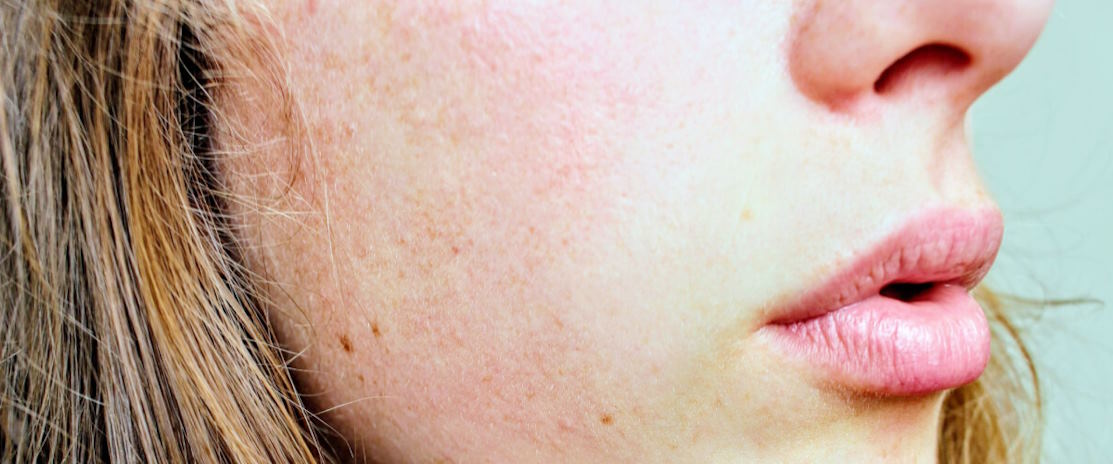The skin mirrors our inner well-being, reflecting not just our external environment but also our internal state of health. Amidst the myriad factors influencing skin health, cortisol, often called the “stress hormone,” emerges as a significant player.
Understanding Cortisol
Cortisol is a hormone produced by the adrenal glands in response to stress. While its primary function is to regulate the body’s response to stressors, cortisol also influences various physiological processes, including metabolism, immune response, and inflammation regulation. However, prolonged or excessive stress can lead to chronically elevated cortisol levels, adversely affecting skin health.
Acne and Cortisol
One of the most apparent manifestations of stress on the skin is acne. Elevated cortisol levels can stimulate the sebaceous glands to produce more oil, leading to increased sebum production. Excess sebum and dead skin cells and bacteria can clog pores, resulting in acne lesions such as blackheads, whiteheads, pimples, and cysts.
Moreover, cortisol triggers inflammatory pathways in the body, leading to heightened inflammation within the skin. Inflammation significantly affects acne development, exacerbating existing lesions and prolonging the healing process. Thus, chronic stress and elevated cortisol levels can contribute to persistent or worsening acne.

Dryness and Cortisol
While cortisol is known to stimulate sebum production, chronic stress can paradoxically lead to dryness and dehydration of the skin. Prolonged elevation of cortisol levels can compromise the skin’s barrier function, impairing its ability to retain moisture. This can result in increased water loss from the skin, leading to dryness, flakiness, and rough texture.
Additionally, cortisol can interfere with the production of hyaluronic acid, a key component of the skin’s natural moisturizing factors. Reduced levels of hyaluronic acid can further exacerbate dryness and contribute to the loss of skin elasticity, making the skin more susceptible to fine lines and wrinkles.
Rapid Aging and Cortisol
Premature aging of the skin is another consequence of chronic stress and elevated cortisol levels. Cortisol accelerates the breakdown of collagen and elastin, the structural proteins responsible for maintaining the skin’s firmness and elasticity. As collagen and elastin fibers degrade, the skin loses its resilience, resulting in wrinkles, fine lines, and sagging.
Furthermore, cortisol-induced oxidative stress can damage skin cells and contribute to accelerated aging. Free radicals generated during periods of stress can wreak havoc on the skin, leading to DNA damage, collagen degradation, and impaired cellular function. Over time, this oxidative damage can manifest as premature aging signs such as age spots, uneven skin tone, and loss of skin elasticity.

